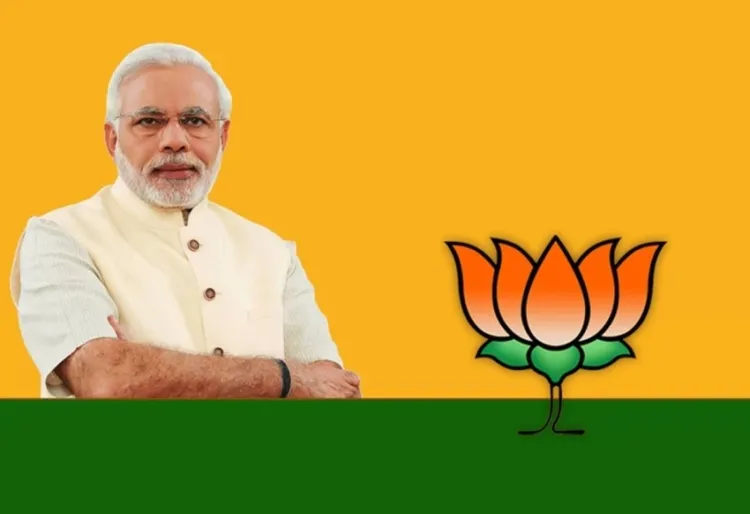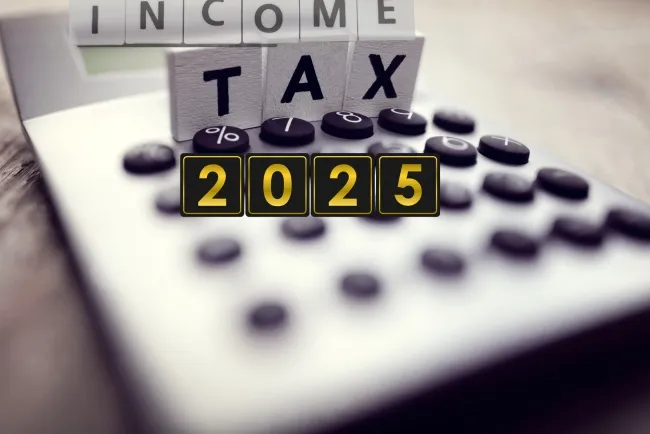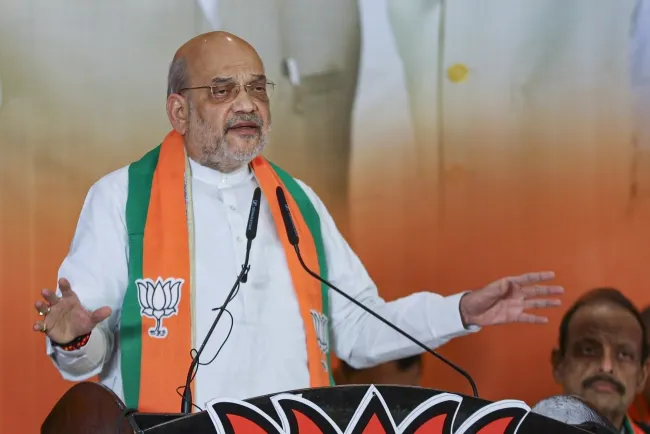The Bharatiya Janata Party (BJP): A Pillar of Indian Politics...!!!
The Bharatiya Janata Party has played a pivotal role in shaping India's political landscape over the past few decades. With its strong ideological foundation, charismatic leadership, and focus on development, the BJP remains a dominant force in Indian politics.

The Bharatiya Janata Party (BJP) stands as one of the two leading political parties in India, renowned for its strong advocacy of Hindutva, economic progress, and national security. Officially established on April 6, 1980, the BJP evolved from the Bharatiya Jana Sangh, which was formed in 1951 by Dr. Syama Prasad Mookerjee. The party's ideology is grounded in the principles of Integral Humanism, emphasizing the comprehensive development of individuals and society.
Historical Background
The BJP's origins trace back to the creation of the Bharatiya Jana Sangh (BJS) in 1951, with goals of promoting national integration and contesting the special status accorded to Jammu and Kashmir. The BJS later united with other parties to form the Janata Party in 1977, which emerged victorious in that year's general elections. However, internal disputes led to the establishment of the BJP in 1980.
Ideology and Political Stance
The BJP's ideology revolves around Hindutva, aiming to promote and protect Hindu culture and values. The party also champions economic policies that foster growth, development, and self-reliance. On the social front, the BJP supports measures to uplift marginalized communities and ensure social justice. The party adopts a firm stance on national security, focusing on bolstering the military and safeguarding the nation's sovereignty.
Key Leaders and Milestones
Prominent leaders of the BJP include Atal Bihari Vajpayee, Lal Krishna Advani, Narendra Modi, and Amit Shah. Atal Bihari Vajpayee served as the Prime Minister of India from 1996 to 2004, with his tenure marked by significant economic reforms and efforts to enhance India's international relations. Narendra Modi, who assumed the role of Prime Minister in 2014, has been a transformative figure for the party, steering it to historic victories in the 2014 and 2019 general elections.

Electoral Achievements and Governance
The BJP has secured significant electoral success over the years, winning state elections across various parts of India. The party's governance is characterized by a focus on development, infrastructure projects, and social welfare schemes. BJP policies aim to improve the quality of life for citizens through initiatives such as the Swachh Bharat Abhiyan (Clean India Mission), Make in India, and the Pradhan Mantri Jan Dhan Yojana (Prime Minister's People's Wealth Scheme).
Challenges and Future Prospects
Despite its successes, the BJP encounters challenges such as managing internal party dynamics, addressing regional aspirations, and navigating the complexities of coalition politics. The party's future prospects hinge on its ability to adapt to changing political landscapes and continue delivering on its promises of development and good governance.
The Bharatiya Janata Party has played a pivotal role in shaping India's political landscape over the past few decades. With its strong ideological foundation, charismatic leadership, and focus on development, the BJP remains a dominant force in Indian politics. As the party looks ahead, it will need to address emerging challenges and build on its achievements to maintain its relevance and influence.
What's Your Reaction?

















